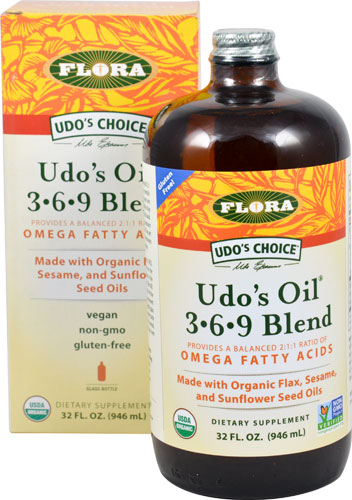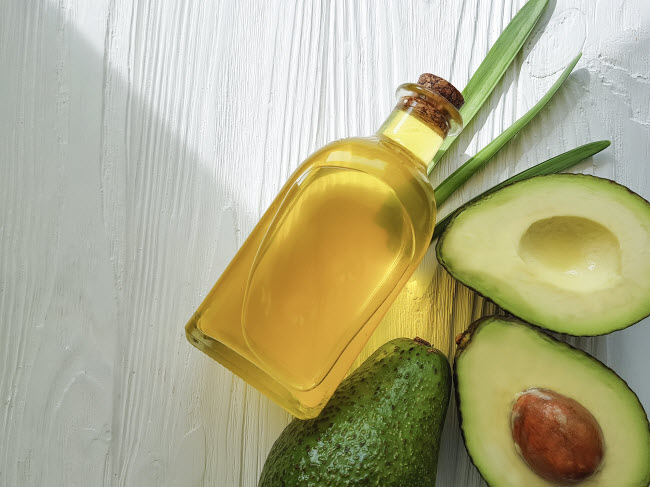The word fat carries a lot of weight — literally and figuratively. However, it isn’t the big no-no that some of us have long believed.
Yes, certain types of fat are bad for us. The worst in this category is trans fats. (More on trans fats later.)
Yet there are, thankfully, a lot of “good” fats that we actually need to include in a healthy diet. In other words, forget whatever you’ve heard about religiously sticking to a low-fat diet: It’s not wise to banish all fats from your daily menu.
So, how do you separate the good from the bad when it comes to fat? Follow along to get the skinny on both healthy and unhealthy fats.
First, let’s start with a simple rule about fats.
“In general, it’s best to avoid saturated and trans fats and instead opt for the healthier unsaturated fats that can be found in many foods,” says Caleb Backe, a certified personal trainer who’s a health and wellness expert at Maple Holistics, which sells natural hair care and skin care products.
According to Harvard Medical School, trans fats — which have been linked to inflammation — have no known health benefits and have no safe threshold for consumption. In fact, artificial trans fats are banned in the U.S. Still, trans fats do show up in fried items from fast-food restaurants, baked goods and some other foods.
Saturated fats aren’t as horrible as trans fats. However, they’re not very health-friendly, either; Harvard Medical School says they’re connected to high cholesterol and clogged arteries. It’s suggested that saturated fats be limited to no more than 10 percent of your daily caloric intake. Major sources include cheese, whole-milk dairy products, red meat, coconut oil and an array of processed foods.
What types of unsaturated fats are there?
Registered dietitian Elana Natker says unsaturated fats fall into two categories: monounsaturated and polyunsaturated. Under the umbrella of polyunsaturated fats are omega-3 fatty acids and omega-6 fatty acids.
What are the benefits of unsaturated fats?
Certified personal trainer and nutritionist Jamie Hickey explains that healthy fats play a critical role in a nutrition and fitness plan by helping maintain ideal testosterone levels, enhance functions of our brain and nervous systems, support our bones and joints, and strengthen our immune systems.
More specifically, unsaturated fats can help reduce LDL (bad) cholesterol, maintain HDL (good) cholesterol, improve heart health, control blood sugar and lower blood pressure, Natker says.
Which foods are prime sources of unsaturated fats?
A practical smorgasbord of foods contain unsaturated fats. Here’s a rundown from the U.S. Food and Drug Administration of some of the foods rich in monounsaturated fats and polyunsaturated fats.
Foods with monounsaturated fats
- Avocados
- Mayonnaise and oil-based salad dressings
- Nuts (such as almonds, hazelnuts, peanuts and pecans)
- Olives
- Seeds (such as pumpkin seeds and sesame seeds)
- Soft margarine
- Vegetable oils (such as canola oil, olive oil, peanut oil and safflower oils)
Foods with polyunsaturated fats
- Fish (such as herring, mackerel, salmon, trout and tuna)
- Mayonnaise and oil-based salad dressings
- Nuts (such as pine nuts and walnuts)
- Seeds (such as flax seeds, pumpkin, sesame and sunflower seeds)
- Soft margarine
- Vegetable oils (such as corn, cottonseed, soybean and sunflower oils)
Can you eat too much unsaturated fat?
The short answer: yes.
No more than 25 percent to 30 percent of your daily calories should come from fats, including the monounsaturated and polyunsaturated varieties, according to the U.S. National Library of Medicine.
As pointed out by the National Library of Medicine, all fats contain 9 calories per gram of fat. That’s more than twice the amount found in proteins and carbohydrates.
Bottom line: Unsaturated fats can be too much of a good thing. The good news, though, is that they’re far healthier than trans and saturated fats.
The U.S. National Library of Medicine offers these tips for replacing unhealthy fats with healthy fats:
- When you’re craving a snack, eat nuts instead of cookies. Just be sure to keep the portion small, as nuts are high in calories.
- Add avocado to salads and sandwiches.
- Replace butter and solid fats with olive or canola oil.




